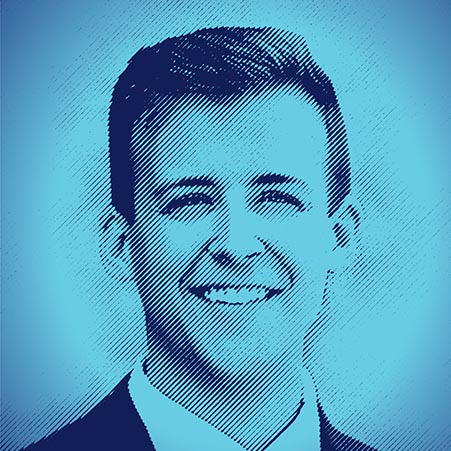Dayton Engineer

Tom Tappel '18
For Tom Tappel ’18, ’21, the best way to learn, lead and serve within the Dayton community was to look to the future — of energy. Tappel graduated from the University of Dayton in 2018, then spent some time working as an engineer. But it wasn’t until a graduate assistantship with the ETHOS Center a few years later that Tappel dove into learning everything he could about the household energy burdens disproportionately impacting low-income families around America. He found many of those families live in buildings that were not at all energy-efficient.
“I recognized the need for more investment in this area of sustainability and housing justice,” said Tappel.
His research led to his involvement with the group that is now Dayton Energy Collaborative. As its executive director, Tappel works to find energy retrofit solutions that meet the needs of the Dayton community.
“It hasn't always been clear what the next steps were, and I've definitely taken the long way around a few times, but I'm grateful to have found this work and this life here,” said Tappel.
Tappel also found a unique way to stay connected to his Dayton roots. He’s now the assistant coach of the UD Club women’s ultimate Frisbee team.
“I'm thrilled to be back on Stuart Field in a new capacity, even with 10:30 p.m. practices on Wednesdays,” said Tappel.
